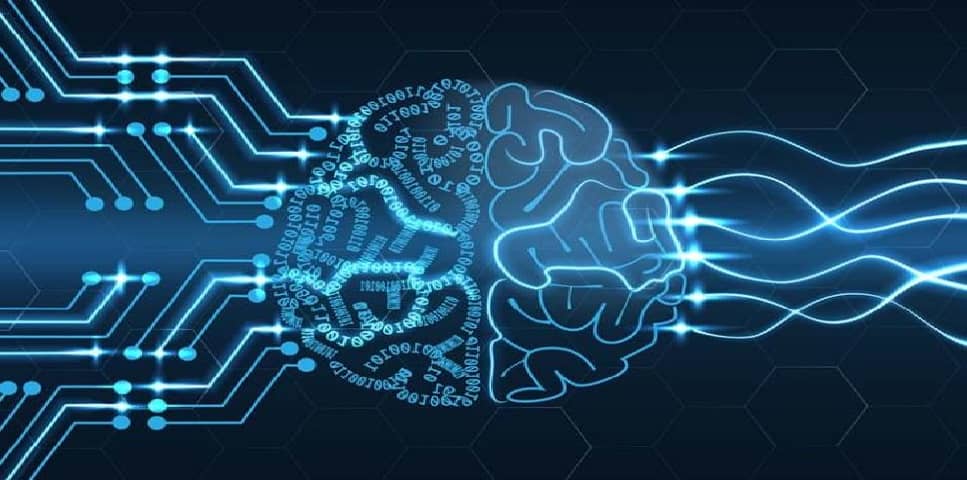Questions on artificial intelligence with answers

Scientists have now noticed that algorithms can communicate with each other and we wonder if artificial intelligence has developed a language that we will no longer be able to understand in the near future. Scientists even think that AI can develop consciousness. The future is no longer science fiction. She is there. And that's where it gets scary. Today we cannot estimate what it means for us and our future.
5 Questions on artificial intelligence with answers
1. Can artificial intelligence lie?
2. How does artificial intelligence affect society?
3. Does artificial intelligence make mistakes?
4. Should we Regulate artificial intelligence?
5. Can you use AI in your business or company?
Let's see the 5 very controversial questions!
1. Can artificial intelligence lie?
An important factor in determining whether AI can lie is its intent. While the intent to deceive matters when assessing whether or not a robot is lying, people may be willing to attribute human intentions to a robot, even if it did not actually lie. Despite these problems, some researchers are trying to create social intelligence, which is defined as the ability to influence others.
2. How does artificial intelligence affect society ?
AI can be a very useful tool for human society, but there are also concerns about how it will affect us. For example, AI could make our work easier and faster, or it could be used to create autonomous weapons. As the technology advances, the potential risks and dangers will become more apparent.
The design and data used in AI algorithms are critical to the results. Intentional bias in the data and design can lead to biased results. In addition, important aspects of a problem may not be programmed into an algorithm, which can lead to incorrect results.
AI can also reflect structural biases in our society. These biases can result in outcomes and lead to discrimination. Examples include discrimination based on race, class, or ableism.
The benefits of AI are modest in the short term, and the high costs of human education and training may delay AI adoption. Moreover, it is probably not worth paying starvation wages to human doctors to diagnose diseases. Eventually, AI could replace doctors for diagnostic purposes, making them obsolete.
Some jobs that are most vulnerable to AI are in the service industry. Some tasks performed by humans are not technically complex, and AI systems can perform these tasks more accurately and economically than humans. A recent Brookings Institution study found that 36 million jobs are likely to be affected by AI. These jobs include retail sales, market analysis, hospitality, and warehouse labor.
3. Does artificial intelligence make mistakes?
Regardless of whether it is a chess computer or a self-driving car: the software for these applications was created by humans, and therefore in the end of the day, is also subject to human error.
4. Should We Regulate Artificial Intelligence?
Trying to regulate AI too strictly will prevent innovation and thus the growth of large areas of the economy. Regulation becomes necessary whenever AI has a disastrous, destructive and manipulative effect and thus has a destructive effect on people, economy and society.
5. Can you use AI in your business or company?
Well, that's an easy question, in any case you should realize your business model and what activities can be complemented or replaced by it machine learning and, based on this, by AI. Those who are currently implementing this can use high margins if needed through further technical automation.
Conclusion
- Everyone should know why AI is useful. And ask "How can I use this technology in an appropriate way for the world?"
- Complex systems in those where human systems work together with artificial systems such as AI are particularly successful. Here, for example, it is worth mentioning the medical area, where more people can be cured through the incorporation of artificial intelligence.
- In addition remember Military AI systems and AI systems that analyze human data patterns to manipulate them should be treated with caution.
- As with any technology in the history of mankind, if a good person uses AI, something good can come of it, if a bad person uses it, something bad can come of it.
